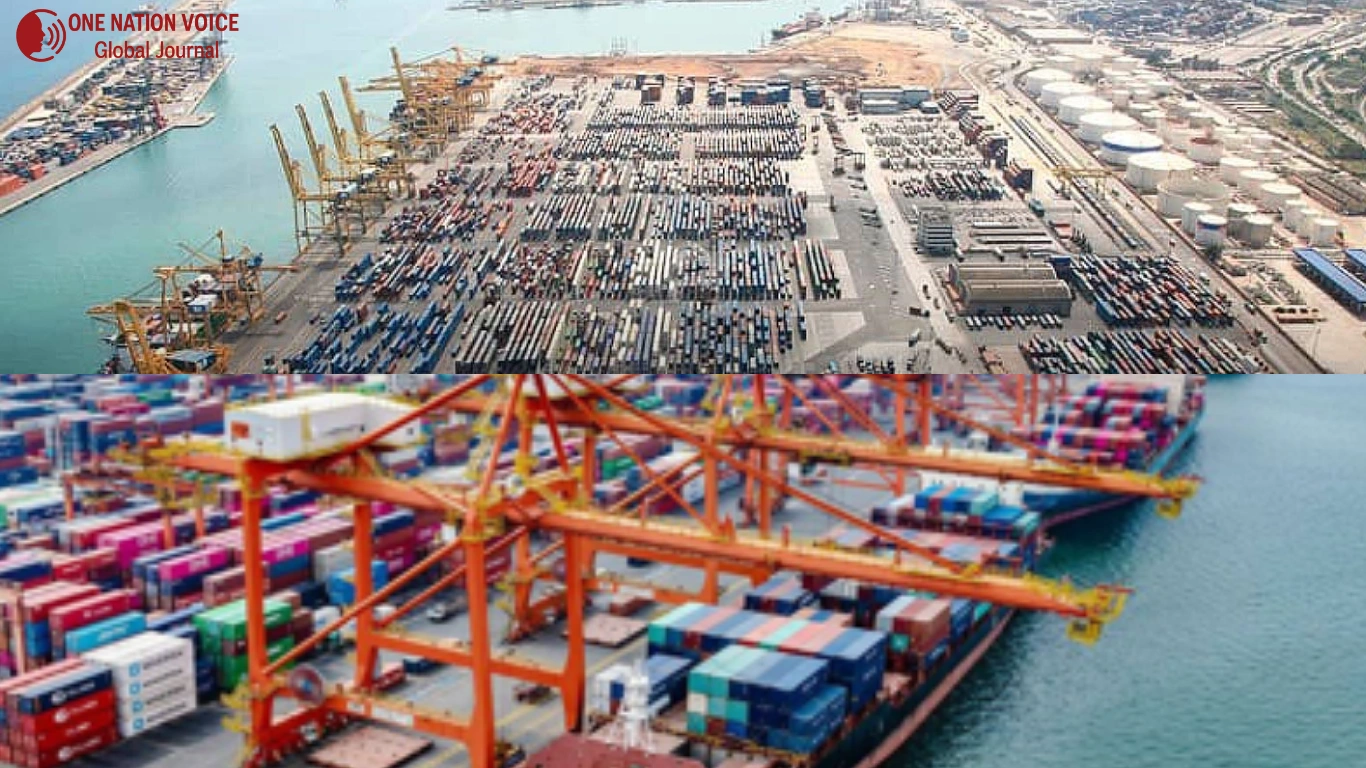Port Qasim to host Chinese-backed maritime industrial complex

A Chinese-backed maritime industrial complex will occupy 1,000 acres at Port Qasim by the government.
The government is also defining a dramatic shift of direction, in determining to allocate 1,000 acres of land as a maritime industrial complex, financed by China, at Port Qasim. The chance to transform the entire maritime industry is the being of the relevant undertaking and more than the construction of the infrastructure. It is not only bothered with construction of port, though it has something to do with building an economy.
It’s a long been reliance on old-fashioned practices in the operations such as ship breaking. The icon of the past is the famous Gadani yards that are of historical importance. They cannot compete with the contemporary socially responsible practice. Such a reality is going to be bent by this different complex. It will usher in high-tech technology and robots, and modernize the shipbuilding, ship repair and ship recycling. With this, we can transform a sickly industry into a world leader.
The benefits are manifold. To begin with, the project will create high employment. They will be professional jobs and require application of technology and engineering hence they will not only enrich our workforce but also enhance innovations.
Second, the new complex will have re-rolling mills in order that the melted ship steel can be done therein. It is now that we are importing this steel but with the project, we will be self-reliant and will save us foreign exchange a lot of money. This is a strategic move that gives our economy’s strength.
It is a conclusive demonstration of our close cooperation with China Pakistan Economic Corridor (CPEC) and aligned to the purposes of CPEC. This project will not only create our ports, but also industrial expanses on food processing in this case fish and dates. Pakistan has large production of these commodities, but we have lacked sophisticated processing units. The complex will open our potential in exportation such that we can compete more due to its value, which is high in the international markets.
Besides that, the project may also spur further foreign direct investment. We are sending signals to the global business world that we are business friendly with an expression that we want to modernize our infrastructure. The government must provide the delivery of all the potential facilities to these investors and streamline red tape and avoid unnecessary bureaucratic interference. Since it accumulates significantly on a successful complete conscious process, we too can ill afford to squander this wonderful opportunity through procrastination and inhibition.
Even though there is no use denying the merits, we must address the potential obstacles. We must ensure that the terms of the projects attain favorability to Pakistan.
It demands openness in all deals, and it is practically business that people are told about the realities of finance. It cannot afford to have a single member as the key infrastructure in the project; diversification will play a very important part in the future.
It is also a necessity that another requirement is that the government must strengthen its regulatory control. Environmental compliance laws and labor laws should be implemented. The previous history of errors ought not to lead us in that direction; we ought to go in that direction and to make a decisive leadership. We receive an opportunity to create something most prominent.
The chip of renting out a maritime industrial project in Port Qasim is to be developed. It would guarantee a resurgence of the boom in our blue economy with Pakistan emerging as an important world player in ship construction business and global services in the sea. It can generate employment, save foreign exchange and improve exports. Our move should be wise yet should be directional. It is, indeed, such an activity that can bring a new era in Pakistan.
Disclaimer:
The views and opinions expressed in this article are exclusively those of the author and do not reflect the official stance, policies, or perspectives of the Platform.







